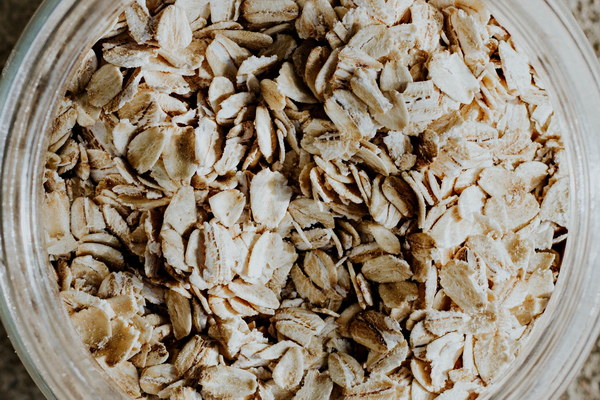Nurturing Your Lungs A Comparative Review of Top Lung Health Supplements
Nurturing Your Lungs: A Comparative Review of Top Lung Health Supplements
In an era where air pollution and sedentary lifestyles are increasingly prevalent, maintaining lung health has become a top priority for many. The market for lung health supplements is vast, offering a variety of options that promise to boost respiratory function and improve overall lung health. This article aims to provide a comparative review of some of the most popular lung health supplements, highlighting their benefits, potential side effects, and the science behind them.
1. Turmeric
Turmeric, a spice commonly used in Indian and Southeast Asian cuisines, has long been revered for its medicinal properties. Curcumin, the active compound in turmeric, is believed to possess anti-inflammatory and antioxidant effects that can benefit lung health. Studies suggest that curcumin may help reduce the severity of respiratory conditions such as asthma and chronic obstructive pulmonary disease (COPD).
Pros:
- Natural anti-inflammatory agent
- Potential for reducing asthma symptoms
- May improve lung function in COPD patients
Cons:
- Poor bioavailability of curcumin

- Possible interactions with blood thinners
2. Vitamin D
Vitamin D is often referred to as the sunshine vitamin due to its natural production in the skin when exposed to sunlight. Adequate vitamin D levels are crucial for maintaining lung health, as deficiency has been linked to an increased risk of respiratory infections and asthma.
Pros:
- Boosts immune system function
- Reduces the risk of respiratory infections
- May improve asthma control
Cons:
- Overdose risks with excessive supplementation
- Not a direct treatment for lung diseases
3. Omega-3 Fatty Acids
Omega-3 fatty acids, found in fish oil and flaxseed, are known for their anti-inflammatory properties. Research indicates that omega-3s may help reduce inflammation in the lungs and improve respiratory function.
Pros:
- Anti-inflammatory effects
- May reduce asthma symptoms
- Potential for improving lung function
Cons:
- Fish oil supplements may contain heavy metals
- May interact with blood thinners
4. Green Tea
Green tea is rich in antioxidants, including epigallocatechin gallate (EGCG), which has been shown to have beneficial effects on lung health. EGCG is thought to help reduce oxidative stress and inflammation in the lungs.
Pros:
- Antioxidant and anti-inflammatory properties
- May reduce the risk of respiratory infections
- Potential for improving lung function
Cons:
- Caffeine content may be a concern for some individuals
- Not a direct treatment for lung diseases
5. Elderberry Extract
Elderberry extract is a natural remedy that has gained popularity for its immune-boosting properties. Studies suggest that elderberry may help reduce the severity and duration of respiratory infections.
Pros:
- Boosts immune system function
- May reduce the risk of respiratory infections
- Natural and safe for most individuals
Cons:
- Limited evidence for long-term effects
- May not be effective for all respiratory infections
When considering lung health supplements, it's important to remember that they should not replace medical treatment or advice from a healthcare professional. While these supplements may offer some benefits, they should be used as part of a comprehensive approach to lung health, which includes a healthy diet, regular exercise, and avoiding environmental triggers.
In conclusion, the market for lung health supplements is diverse, offering a range of options with varying degrees of scientific support. By understanding the potential benefits and limitations of each supplement, individuals can make informed decisions about their respiratory health. Always consult with a healthcare provider before starting any new supplement regimen to ensure safety and effectiveness.









